Jackson's View of the Indians Can Best Be Described as
Under Andrew Jackson elected president in 1829 government policy toward American Indians moved from coercive to outright hostile. However earlier treaties with the Americans encouraged trade between the natives and the Americans.

Why Andrew Jackson S Legacy Is So Controversial History
It was during his administration that the policy of removal forcing Indians to move to lands west of the Mississippi River became the official federal strategy.

. 1 Jacksons policies supported the expansion and control of. Jackson abandoned the policy of Jefferson and other predecessors and instead aggressively pursued plans to remove all American Indian tribes living in the southeastern states regardless of whether they had assimilated to white culture or. Jacksons Indian Removal Act resulted in the forced displacement of nearly 50000 Native Americans and opened up millions of acres of their ancestral land to white settlement.
In the letter to the Congress Jackson describes the Indians as savages who have no value for civilization or liberty and that it would be best for them to be separated from the modern society Jackson 1830. Government policy to ward the Cherokee Why was the USs political leadership in such of a hurry to uproot the Amerian Indian population. Andrew Jackson was the seventh President of the United States from 1829 to 1837 seeking to act as the direct representative of the common man.
Andrew Jacksons experience with the Indians was an ambivalent relationship. The political and cultural relationship between Indians and American whites prior to the 1820s can best be described as. Andrew Jacksons attitude toward American Indian tribes is often described as paternalistic.
The word choice Jackson uses to describe Native Americans is considered offensive for he describes them as uncivilized and savage Explanation. Both owned slaves and Jackson had no particular views on slavery though Jefferson believed slavery was an evil that would eventually end. From his childhood along the South Carolina-North Carolina border through his two terms as president he had extensive interaction with both friendly and enemy Indians.
Which of the following statements best explains his views. The promise to rescources to gold on tribal ground outweighed any commitment to Amerian Indian land rights Based on the example of US. On 22nd June protesters gathered at Lafayette Square outside the White House and attempted to bring down a statue of Andrew Jackson that was commissioned in 1847.
Jackson and the Indians. Jefferson did not view natives as equals. On the other hand Jackson saw to it that the BUS was actually demolished.
Andrew Jackson signed the law to remove the native Americans out of their lands to be then inhabited by white citizens. Tribes need to be helped and guided toward removal. As a child in South Carolina Jackson grew up around the peaceful Catawba Indians.
More nearly than any of. Why did jackson believe the government had the right to decide where native americans could live. Jackson brought his hatred for the Indians into his presidency explaining why the Natives called him Black Heart and Devil.
He believed they were not civilized. Tribes should be protected from settlement. In 1830 Jackson signed into law the Indian Removal Act forcing the relocations of thousands of Native Americans from their traditional lands resulting in widespread death and disease.
Removal efforts were centered on the so-called Five Civilized Tribes the Cherokee. Forced westward march of the Cherokee. Why did the whites pressure he government to force the cherokee out of georgia.
The lives of the Native Americans in New Spain were very dictated do to the fact that the Spanish were telling the Native Americans what their jobs should be and what religion they should convert to. Get an answer for How did Andrew Jackson attempt to argue that Indian Removal was in the Native Americans best interest and how might opponents of this policy respond to this. Andrew Jacksons attitude toward American Indian tribes is often described as paternalistic.
Tribes need to keep their traditional lands. The Trail of Tears took its name from the. Andrew Jacksons policy toward Native Americans has been viewed skeptically by historians.
Ambivalent given that significant blending of cultures had occurred in an atmosphere of lingering mutual distrust. He routinely called Indians savages and people of mixed heritage half-breeds and he was unshakable in his conviction that Indians should be removed from the South. It is best known for the Indian Removal Act which was first proposed by.
What word best describes Andrew Jacksons treatment of American Indians. Helpful 0 Not Helpful 0 Add a Comment. And find.
Tribes cultures should be protected. Jackson also had a negative attitude towards the Native Americans. Andrew Jackson s desire to serve the interests of the common man did not extend to African and Indians.
This was as a result of his dislike towards Native American tribes after experiencing brutality from several tribes when he was working with the military. The most controversial policies toward Native Americans were displayed by his support to resettle Native American in Indian land west of river Mississippi. Which of the following statements best explains his views.
Jackson viewed them as a conquered subject who had two choicesadopt white culture and become citizens or move into the western territories.
Indian Removal Policy Looking Back On Andrew Jackson

Andrew Jackson Presidency Facts Children Biography
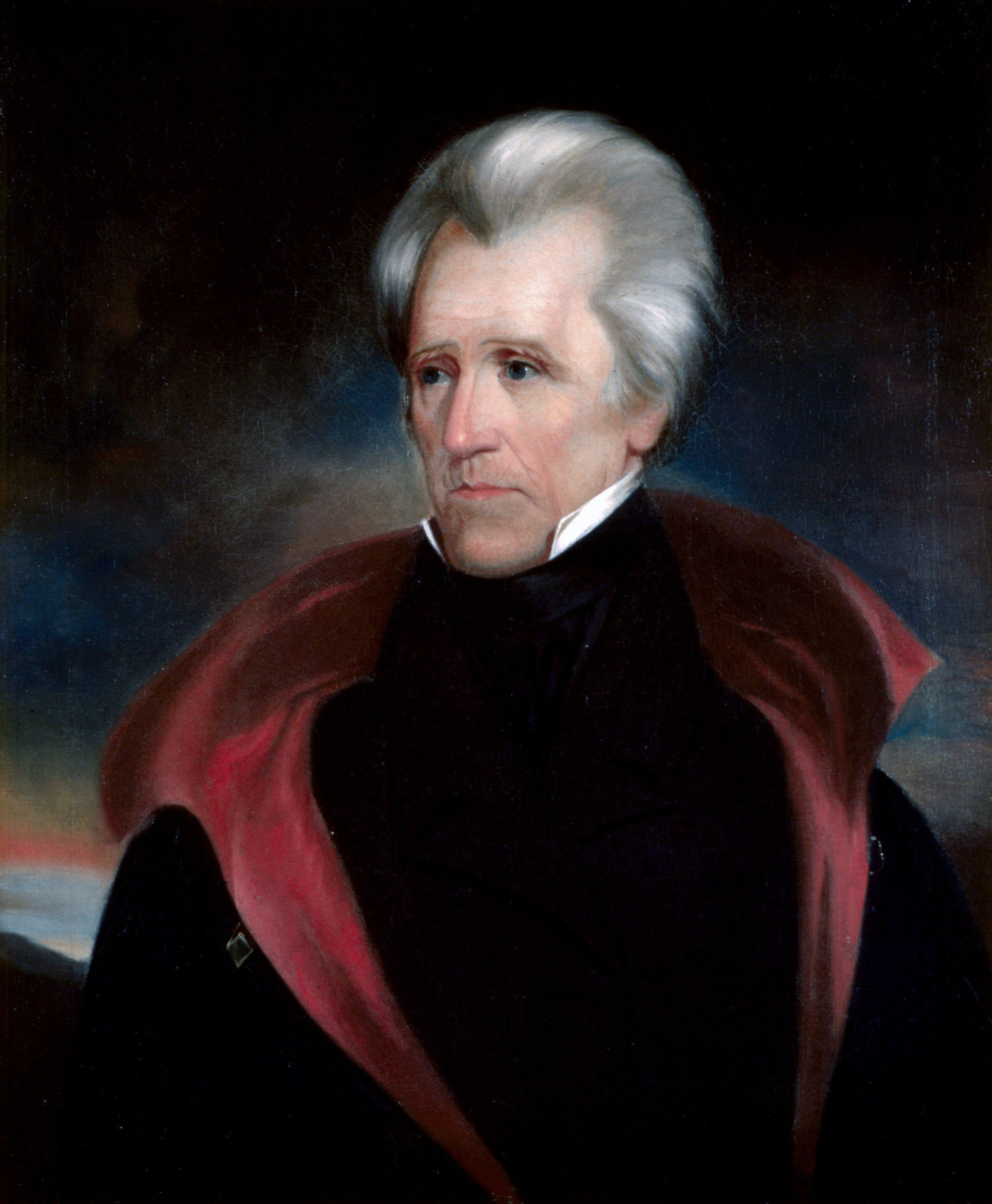
Andrew Jackson Facts Information And History On The Life Of The 7th U S President
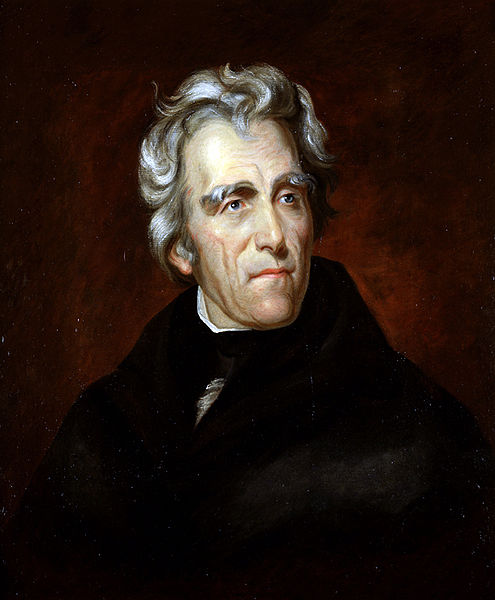
The Presidency Of Andrew Jackson Article Khan Academy

28th May 1830 The Indian Removal Act Signed Into Law By President Andrew Jackson Youtube
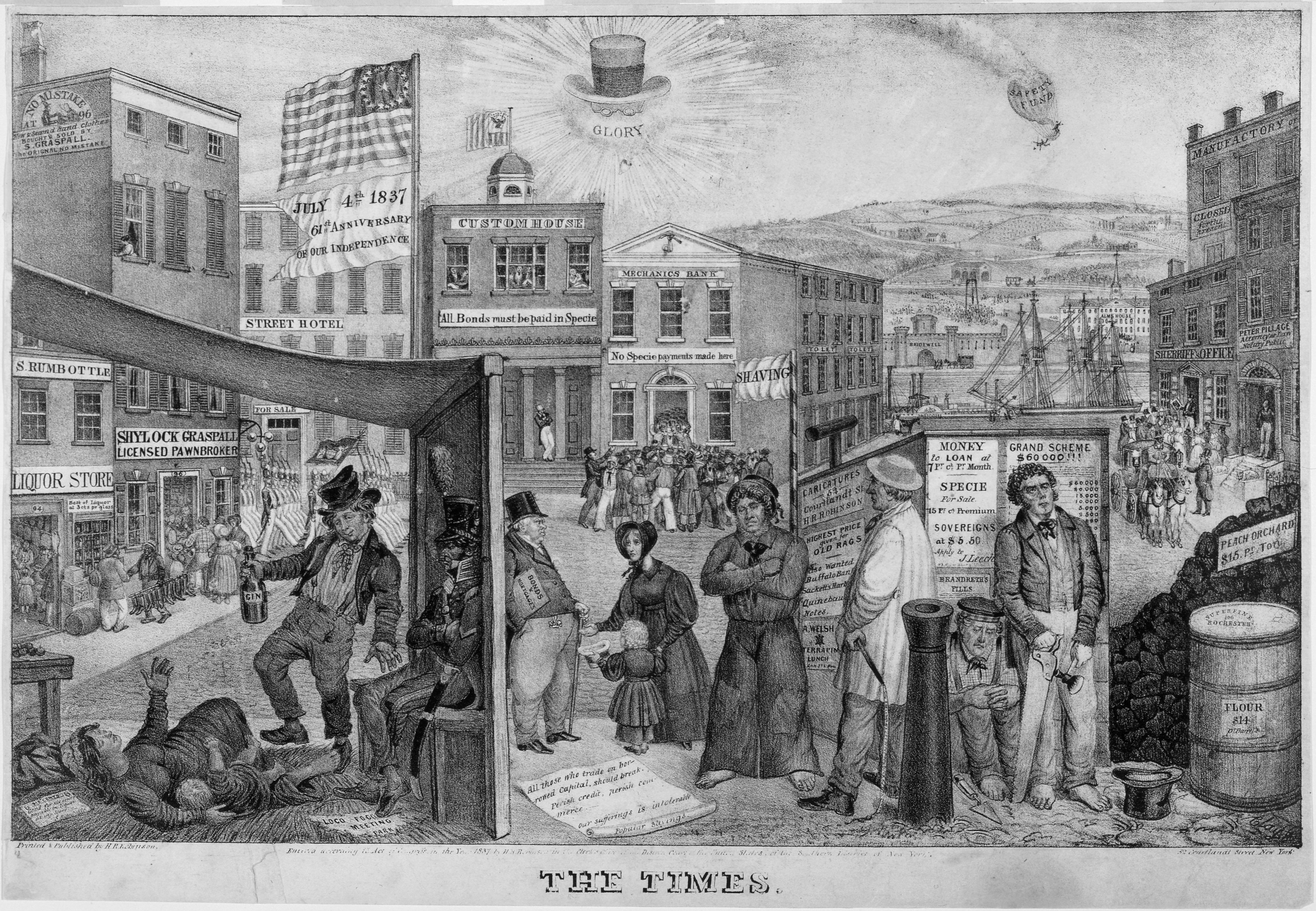
The Presidency Of Andrew Jackson Article Khan Academy
/cdn.vox-cdn.com/uploads/chorus_asset/file/6367391/Battle_of_New_Orleans.jpg)
Andrew Jackson Was A Slaver Ethnic Cleanser And Tyrant He Deserves No Place On Our Money Vox
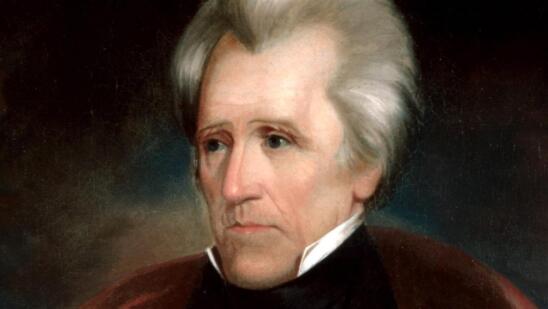
Trail Of Tears Indian Removal Act Facts Significance History

Andrew Jackson Jackson S Influence Britannica

Book Review Driven West Andrew Jackson And The Trail Of Tears To The Civil War By A J Langguth The New York Times

Andrew Jackson To The Cherokee Tribe 1835 Ap Us History Study Guide From The Gilder Lehrman Institute Of American History
:no_upscale()/cdn.vox-cdn.com/assets/4640491/trailoftears_robert_lindneux.jpg)
Andrew Jackson Was A Slaver Ethnic Cleanser And Tyrant He Deserves No Place On Our Money Vox

Chapter 6 Introductory Essay 1828 1844 Bill Of Rights Institute

Trail Of Tears Indian Removal Act Facts Significance History
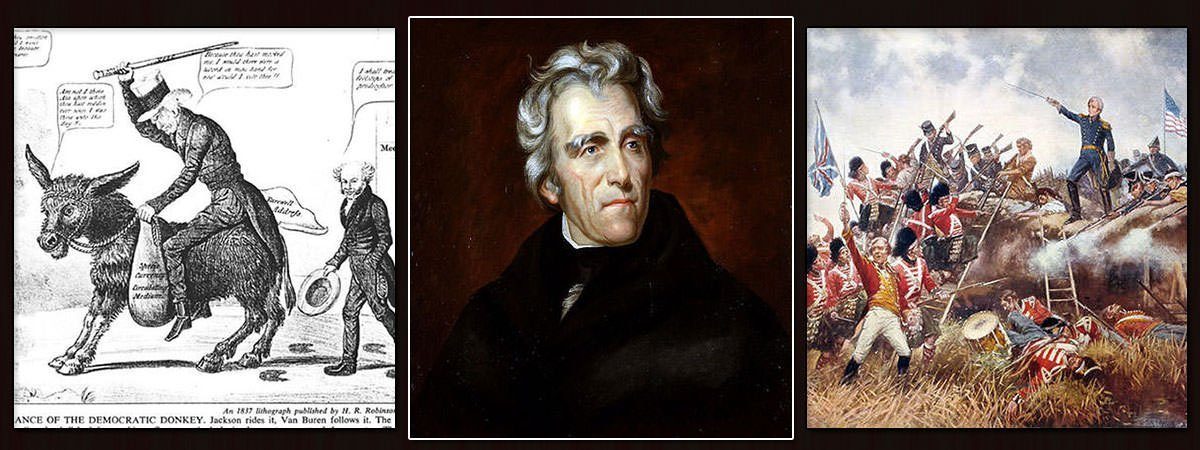
10 Major Accomplishments Of Andrew Jackson Learnodo Newtonic
The War Of 1812 And Indian Wars 1812 1821 Andrew Jackson Timeline 1767 1845 Articles And Essays Andrew Jackson Papers Digital Collections Library Of Congress
Andrew Jackson S Role Manifest Destiny And Native American Sufferage Union To Disunion
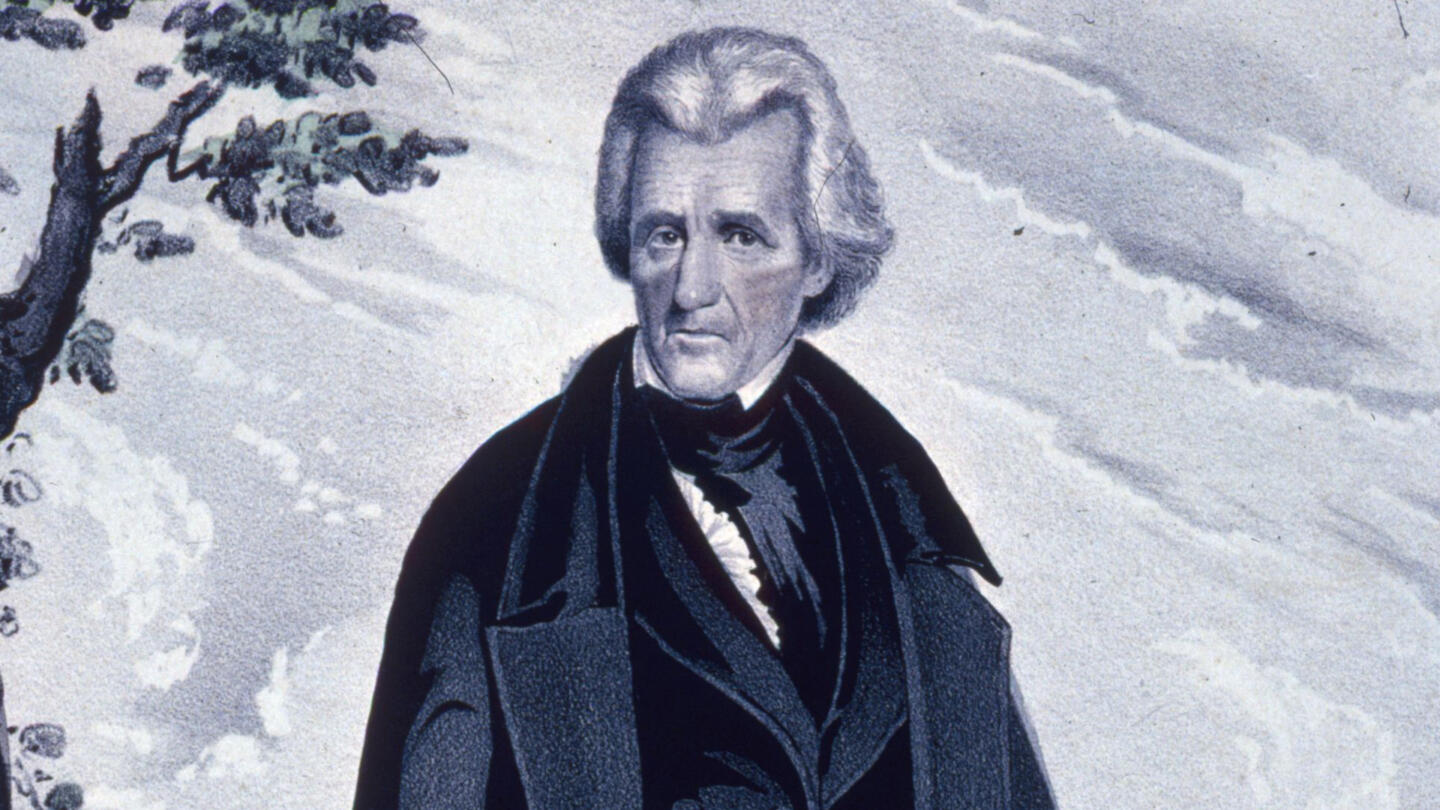
Andrew Jackson Presidency Facts Children Biography

William L Clements Library Image Bank Andrew Jackson As The Great Father
Comments
Post a Comment